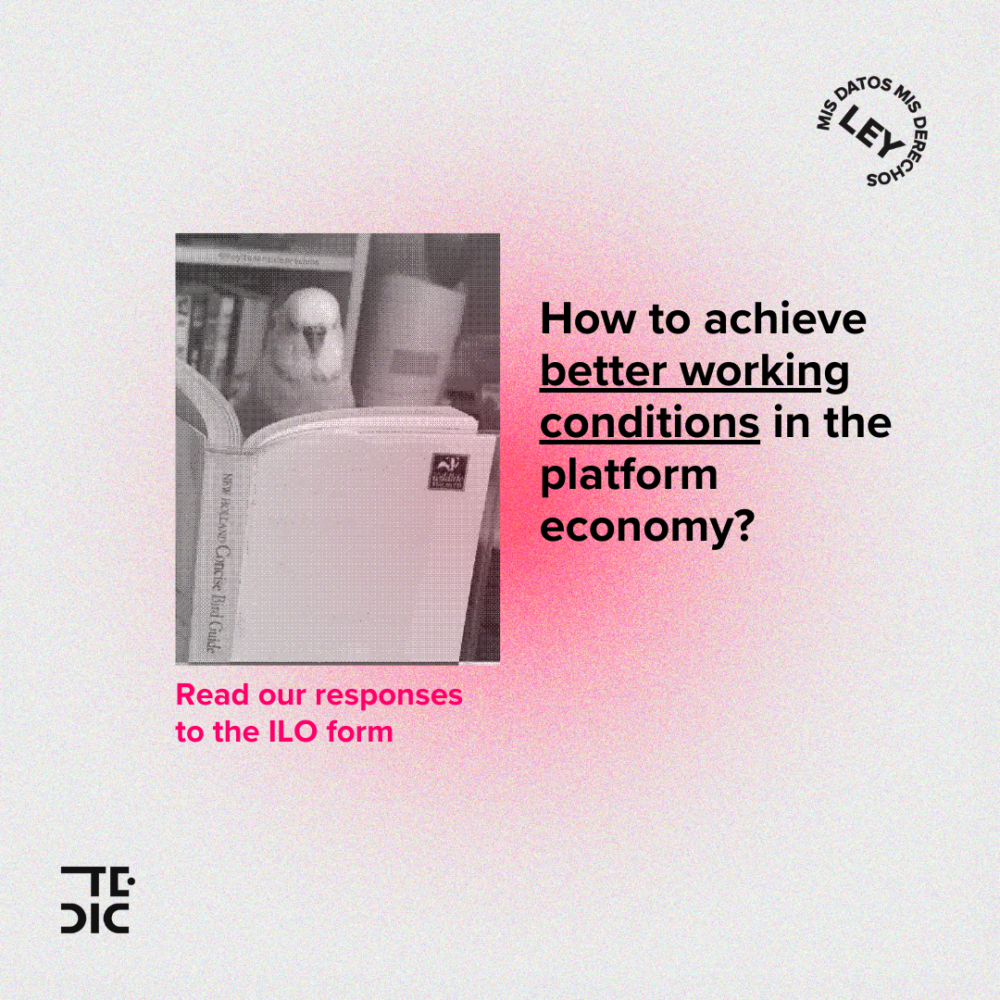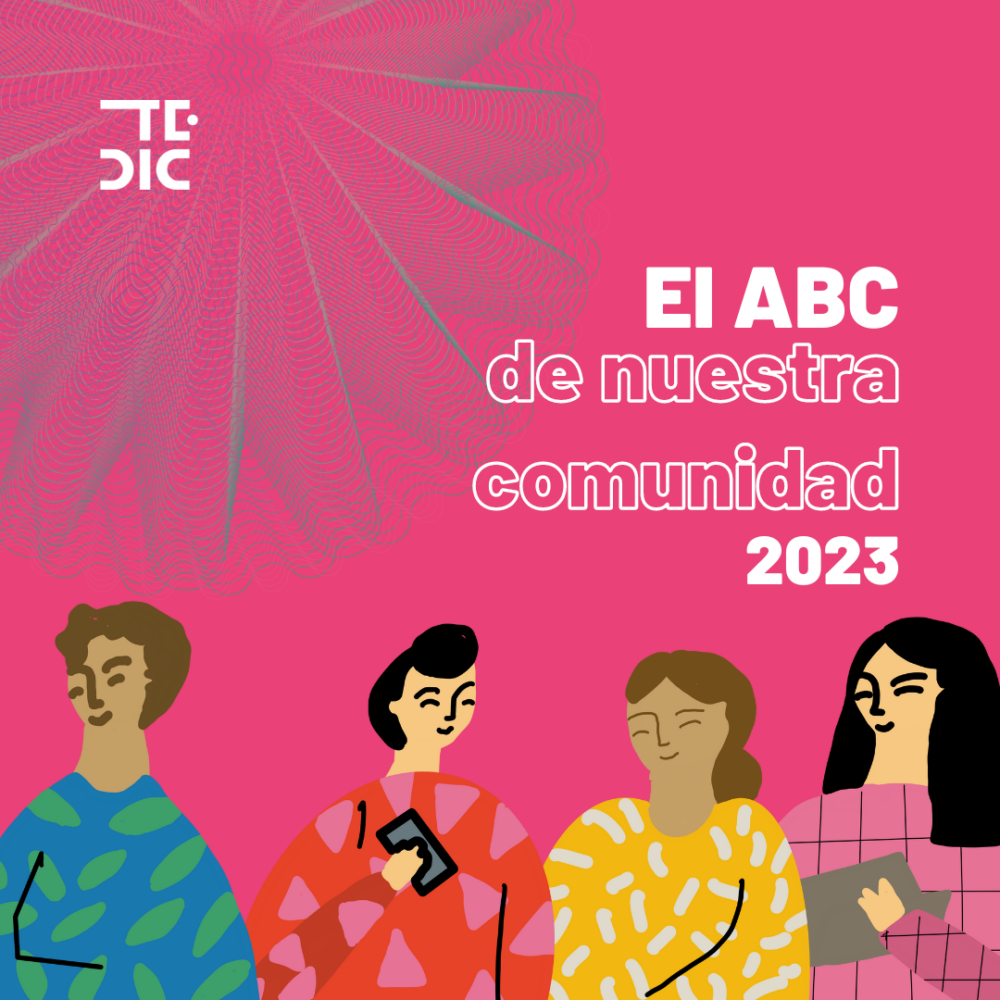
In Paraguay, the platform economy1 is booming, with thousands of people using national and international digital labor platforms to offer ride-hailing and product delivery services. In recent years, various legislative and municipal initiatives have sought to regulate this sector, addressing everything from comprehensive approaches that focus on the employment status of platform workers to more specific measures focused on their safety.
The concern for regulating the platform economy is not exclusive to Paraguay. In Latin America, countries such as Brazil, Chile and Uruguay are at different stages that aim at the same goal: to regulate the platform economy ecosystem. This trend is replicated globally, which has led the Governing Body of the International Labor Organization (ILO) to include an item on decent work in the platform economy on the agenda of the 113th Session of the Conference (2025)2. To guide the initial discussion on this topic, the ILO has sent a questionnaire to its member States and constituents, seeking to gather their opinions and perspectives.
At TEDIC, we have been addressing the issue of platform economy for several years. As part of this ongoing commitment, a few months ago, we participated in the Latin American Convention on Labor and Technology, an event organized by Derechos Digitales, the International Lawyers Assisting Workers Network (ILAW) and the Solidarity Center. At this meeting, representatives of platform workers’ unions, digital rights organizations and members of academia discussed the latest trends in the intersection of technology and labor. The importance of ensuring the participation of as many trade unions and countries as possible in responding to the aforementioned questionnaire was particularly emphasized.
To facilitate a response from the workers of our country, we forged a strategic alliance with the Unitary Central of Workers (CUT)3 and the national groups of platform workers Kuña Pope and the National Union of Motorcycle Workers (SINACTRAM)4. At TEDIC, we consider that this alliance was crucial to contribute with the experiences of platform workers from Paraguay to a global debate. It is important to highlight that we completed the questionnaire based on a collective agreement between the CUT, TEDIC, Kuña Pope and SINACTRAM, with the cooperation of the International Trade Union Confederation (ITUC) and the ILAW, thus successfully condensing global, regional and, above all, national perspectives in a single document.
The questionnaire’s connection with personal data protection
The questionnaire addresses various topics, including definitions of workers and platforms, the labor dependency relationship within the platform ecosystem, social security, health, violence, among others. It is organized into thematic areas with questions that examine provisions that could serve as guidance in future regulations on platform work. This document calls for the creation of an instrument on decent work in the platform economy in the form of a Convention supplemented by a Recommendation. This is crucial because a Convention establishes the basic principles to be applied by ratifying countries, while the corresponding Recommendation complements the Convention by providing more detailed guidelines on its implementation.
Given the focus of the questionnaire on algorithmic management of work and the need to provide greater guarantees to workers regarding their privacy and personal data protection, at TEDIC we identified an opportunity to connect the discussion on labor welfare in the platform economy with the urgent need for a comprehensive personal data protection law in our country. Therefore, we have referenced the importance of having a comprehensive personal data protection law in countries such as Paraguay, highlighting the existence of a bill presented by the Personal Data Coalition, of which we are a co-founding organization.5.
In this context, the future instrument to be discussed at the ILO must necessarily advocate for the adoption of comprehensive personal data protection laws in those countries that still lack this guarantee. Otherwise, implementing higher standards of personal data protection for workers will face institutional limitations that do not have the appropriate tools to protect these individuals in the digital environment. The pursuit for greater welfare for workers in the platform economy requires addressing multiple fronts and combining various regulatory strategies. We believe that a comprehensive personal data protection law, even if not specific to the labor sector, is essential to ensure full protection for workers.
Next steps
At TEDIC, in alliance with CUT, Kuña Pope, and SINACTRAM, we will closely follow the preparatory processes leading up to the International Labour Conference. It is essential to guarantee the participation of platform economy workers in this process, to make sure their perspectives and experiences are taken into account in the development of future regulations for this sector.
We invite you to download our report here.
Footnotes
1 There is no internationally accepted terminology or definition of this term. Various terms such as collaborative economy, peer-to-peer economy, gig economy or on-demand economy are used to refer to it. The term platform economy is often used as it emphasizes the distinctive feature that these economic activities are carried out through the intermediation of digital platforms. More information here https://www.ilo.org/es/resource/conference-paper/hacer-realidad-el-trabajo-decente-en-la-economia-de-plataformas
2 The International Labour Conference brings together delegates of governments, workers and employers from ILO member states. Often referred to as the parliament of labor, it sets and adopts international labor standards and is a forum for the discussion of fundamental social and labor issues. More information here https://www.ilo.org/es/acerca-de-la-oit/como-funciona-la-oit/conferencia-internacional-del-trabajo#:~:text=La%20Conferencia%20re%C3%BAne%20a%20delegados,cuestiones%20sociales%20y%20laborales%20fundamentales.
3 The CUT is a trade union organization that brings together workers’ organizations from different sectors, whose main objective is to defend the labor rights of workers. More information here https://www.facebook.com/profile.php?id=100064864980844
4 SINACTRAM is the union of united delivery workers in Paraguay. More information here https://www.facebook.com/Sinactram
5 For more information on the Personal Data Coalition and the bill in question, click here https://www.datospersonales.org.py/


 ABC of our community in 2023
ABC of our community in 2023